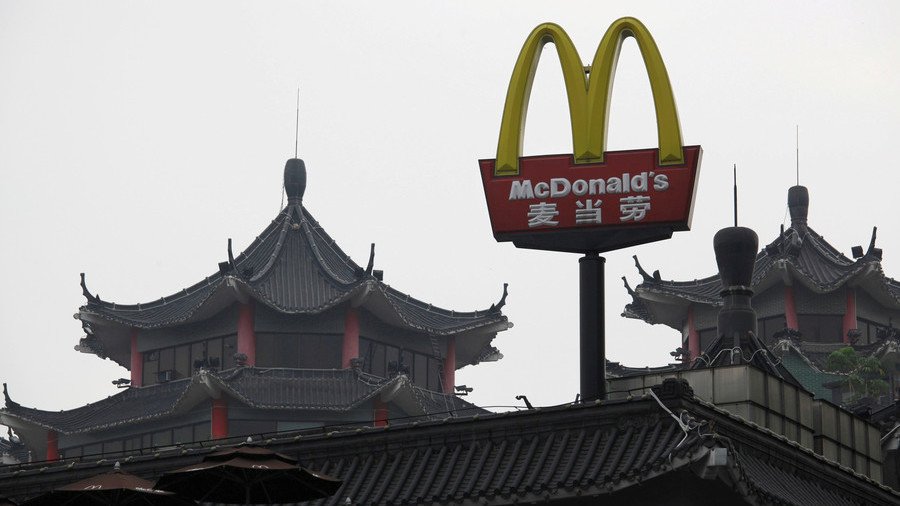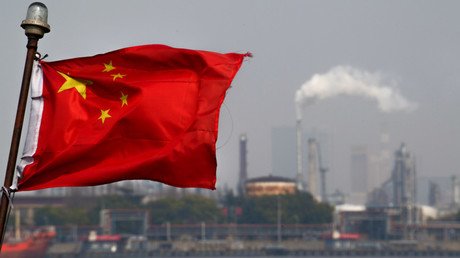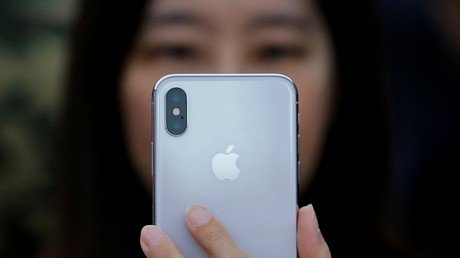Chinese consumers ready to boycott American goods if trade war escalates

Most Chinese may stop buying US products in response to tariffs imposed last month on goods from their country by the White House amid rising trade tensions between Washington and Beijing, according to the latest survey.
The recent study carried out by FT Confidential Research shows that 54 percent of respondents across 300 Chinese cities would “probably” or “definitely” reject US-branded goods “in the event of a trade war.” Only 13 percent among 2,000 of those surveyed said they are not ready to boycott products from the US. The other 33 percent either don’t buy US-branded produce or expressed uncertainty on the issue.
The study shows that the Chinese, who are likely to shy away from US products, mostly live outside big cities, are aged up to 29 and are mainly on lower middle incomes. The research was conducted within a 13-day period, mostly before the US decision to slap China’s exports worth $34 billion with 25 percent tariffs came into force. The step prompted an immediate mirror response from Beijing. However, China reportedly declined to call for the boycotting of US consumer goods.
“The Chinese authorities haven’t done anything like they did with Japan and South Korean goods in the past,” Kent Kedl, senior partner in the Shanghai office at risk consultancy Control Risks, told the media. He said fear of a backlash is deterring Beijing from such a move.
Last year, Chinese state-controlled media openly called for rejecting goods and services from South Korea after the country allowed the US to base its anti-missile system there. South Korea suffered losses of nearly 7 billion dollars, as tourists from China preferred to stay away.
At the same time, sales of South Korean vehicles in China saw a dramatic decline. In 2012, Chinese authorities launched a boycott against Japan due to a territorial dispute over eight small islands in the East China Sea. The step saw sales of Japanese cars in China plummet by 32 percent over a 12-month period.
For more stories on economy & finance visit RT's business section















